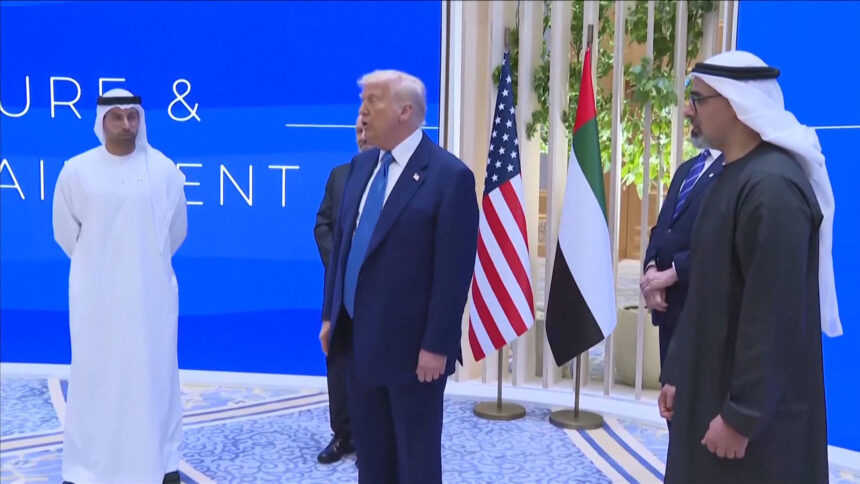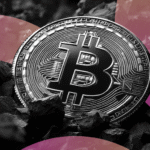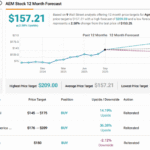A recent report from The New York Times has unveiled a significant investment by a prominent member of the United Arab Emirates’ ruling family, which has raised eyebrows regarding its timing in relation to U.S. foreign policy decisions. Sheikh Tahnoon bin Zayed Al Nahyan invested $2 billion in World Liberty Financial, a cryptocurrency firm associated with the Trump family and Steve Witkoff, who serves as President Trump’s special envoy to the Middle East. This substantial investment occurred just days prior to the U.S. government granting the UAE access to rare artificial intelligence chips—a move that has prompted concerns over potential security threats, particularly with regard to technology potentially shared with China.
The investment in World Liberty Financial took place in May, and merely two weeks later, the Trump administration approved the sale of hundreds of thousands of AI chips to the UAE. While the Times report did not explicitly connect these two transactions, the timing has fueled speculation and raised questions about the intersection of private investments and public policy. Observers in the field are expressing alarm, with Ryan Cummings, chief of staff at the Stanford Institute for Economic Policy, stating, “If this is true, this is the largest public corruption scandal in the history of the United States and it’s not even close.”
This unfolding narrative highlights the complex relationships between private business interests and governmental actions, raising crucial ethical and legal questions about the influence of foreign investments on U.S. policy. As the situation develops, scrutiny over the implications of these financial dealings and their potential impact on national security is expected to intensify.







